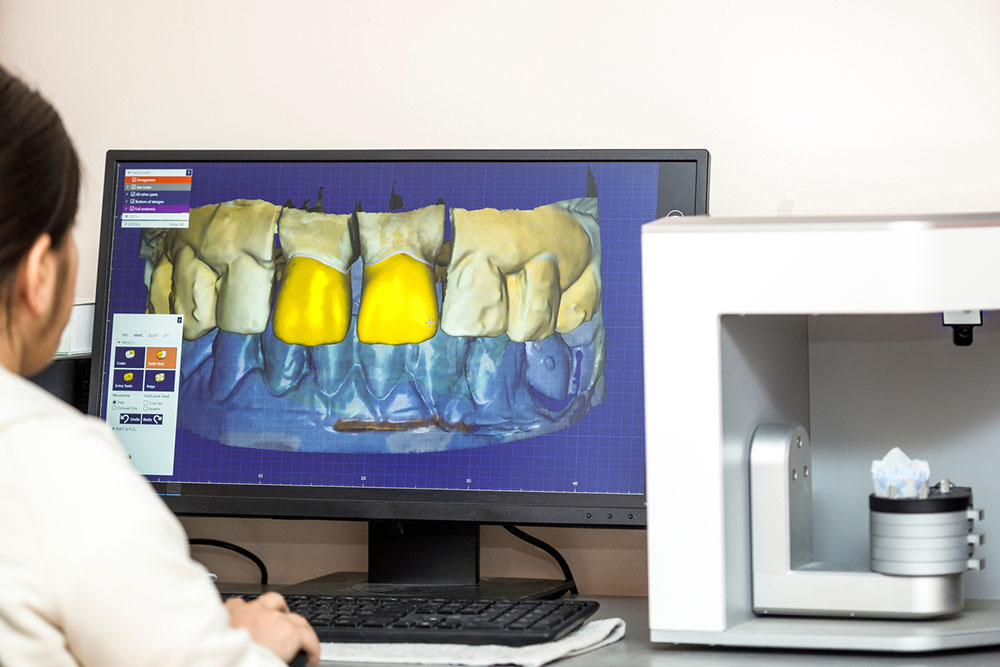
5 things to consider when choosing dental practice software
Deciding which management software to use for a dental practice can take time and effort. There are numerous options and features to filter out, and there has to be a single winner. Fortunately, the task is not as intimidating if the person knows what they need from the software for their dental practice. Decide on the non-negotiable factors or the reasons one requires the software and use them as a checklist to select the right program.
Customer support
Most of the time, dentists spend hours trying to familiarize themselves with the software. The practice and the patients will need time to get used to and trust it. Initially, there will be a list of questions about how the software works. Therefore, make sure to pick a software provider that has a decent customer support team. As a new user, there will be numerous occasions when the business will contact customer support with queries. One should see if the dental software has comprehensive training materials and support services.
Reporting
Not everyone is good at filing and reporting. This is where most people, dentists included, can make the best of dental practice software. Dentists are required to maintain updated and complete records of patients’ treatments for proper care and compliance. It is, therefore, important that the software chosen has the facility to make this task easier and faster. Pick a software that allows access to easy reporting, insights, and data analysis. Some might even offer users the option to look for specific data within reports.
Security
One important feature to look for when selecting dental software is its security. No one wants to pay for a program with questionable security features against cybercriminals. The clinic needs a program that ensures the patient data is protected from hacking, phishing, and other cyber threats. Data protection and confidentiality are paramount since healthcare workers are legally obligated to protect their patients’ data from leaking.
Cloud computing
Cloud computing is a must for practices with multiple operating locations. It allows them to access and update data from other locations without being physically present every time. This feature allows dentists to use their stored data with any computer terminal with an internet connection and access to cloud storage. This also means that doctors can instantly update patient records. Additionally, cloud computing makes it easier for dentists to share and refer patients to other dentists or doctors and share their records.
Automated services
For dental practice software, it’s imperative to ensure that it offers service automation. To achieve this, the program should allow users to link their administrative services. With automation, users don’t have to manually move to the next step after each task. Once an appointment is complete, the program will automatically calculate the fees. Automated business administration services also make it easier for patients to communicate with the dental practice.







